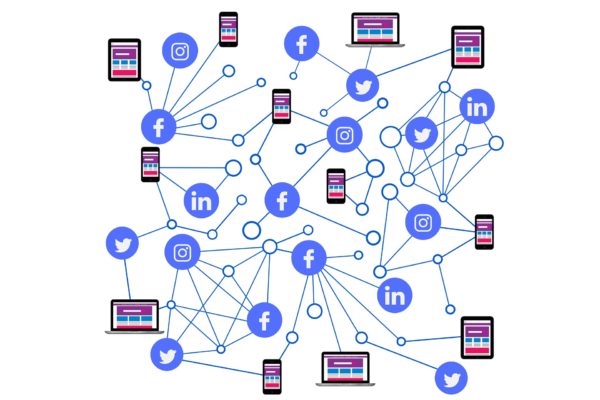Words to avoid in your professional LinkedIn Account

Emerging as one of the most powerful networking platforms used by professionals to connect
with people for not just business ventures but also for staying updated about available job
vacancies. For this reason, it becomes very important that you able to differentiate your
professional profile from the millions of such similar professional profile that requires creating a
brand campaign best highlighting your professional background and skills. Therefore, words
today have become the currency, giving you means to express yourself, persuade an audience,
tell a story and get yourself a job.

It needs to be mentioned here that there will always be some
words that will not help you get noticed by a recruiter, score an interview or land a job. These
words include professional clichés, jargon and corporate talk. There are also words that may
help you get noticed but for all the wrong reasons. These are words that will make you look bad,
without you sometimes even knowing it. The best way to avoid this is by using clear, well-
defined text in your profile, detailing your work history and achievements without resorting to
ambiguous or meaningless phrases.
Given below is a list of words that should never be used on your LinkedIn profile:
1. I/ Me/ My/ She/ He:
Overuse of such words in your profile may make you sound like a
narcissist who is too full of himself.
2. Salary:

It is advised not to mention one’s salary or your expectations regarding it in your
profile.
3. Go-Getter:
Words such as go-getter, synergy, self-starter, etcetera are jargons that can
be easily avoided by instead stating exactly how you combined efforts to produce those
stellar results.
4. Strategic:
![]()
Words such as strategic, creative, effective, innovative, analytical, team
player, et cetera are believed to be extremely overused and not quantifiable. On the
other hand words such as lead, created, drove, defined, implemented are actionable
words, that establishes the fact that the person was the originator of the said action.
5. Expert:
Shakespeare once said, “a fool doth think he is wise, but the wise man knows
himself to be a fool”. In your recruiting process, if you claim to be an ‘expert’ in
something, in the work landscape it immediately tends to imply that you know it all.
However, that isn’t possible, the ability to know everything. It also obstructs the formation
of the thoughts such as ‘willingness to learn’ or ‘open to new ideas’ towards you.
6. Driven/ Result-driven:
Words such as these make you sound more focused on
achieving your personal goals even at the expense of your employer. Instead, it is better
to provide examples of your accomplishments and how you believe you have had an
impact.
7. Dedicated/ Leader:
Extremely overused, these words are also very general. Avoiding
such generalities and being specific about one’s results is more preferable.
8. References:

It is also preferred for potential candidates to not mention their references.
As it hampers their perception of you as an ideal candidate. It may also result in bias as
employers start viewing you based on their relationship between the names you used as
reference. If your employer wants such information, they will ask so themselves.
9. Ninja/ Diva/ Bottom Line:

These childish, unprofessional words or overused cliques
should always be avoided. Instead, share your results and tell the story of your career in
a way that makes you stand out from the rest.
10. Detail-oriented/ Leverage/ Utilize:
Apply short words instead like ‘use’ which will make
it easier to understand. Also, pointing out the specifics of your accomplishments is
considered to be better than relying on fluffy word.
11. Passionate:
It is not necessary for you to explicitly mention that you are passionate
about your profession because if is true, your accomplishments and its impact will reflect
so by themselves.
12. Dynamic/ Robust:

To describe your performance, services or yourself these words
should be avoided as they can be vague.
13. Track record:
It is preferred that you mention your actual ‘track record’ and not just limit
yourself with that single word.
14. Intense:

This gives the impression to your profile readers that you are too focused and
driven by your own personal interests and thus, can be difficult to work with.
As LinkedIn has become one of the newest grounds for job hunting by seekers and employers
alike. It is now extremely important to have a well-tailored professional LinkedIn account that is
not contaminated with overused buzzwords, so that people reading your page does not feel that
it lacks your own thoughts.